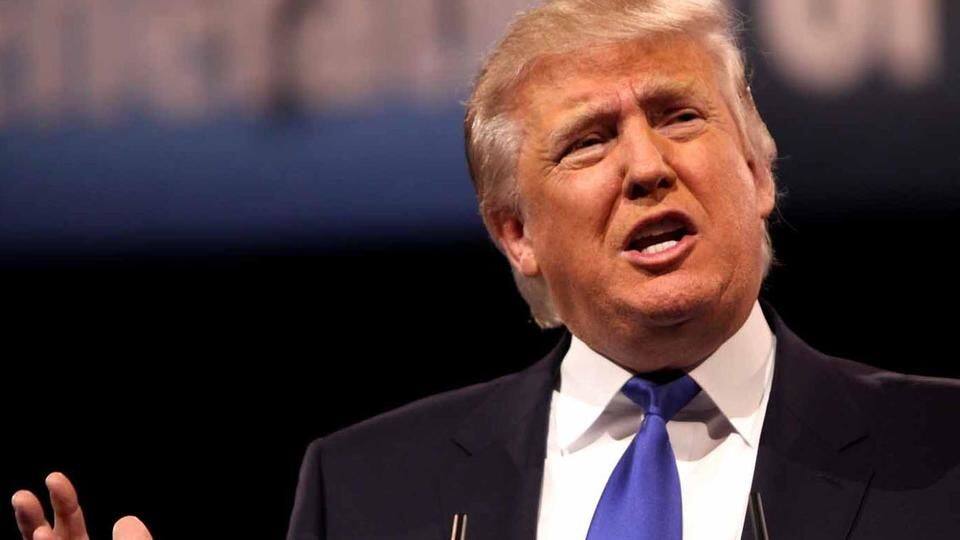
Court allows Trump's travel ban to partially come into effect
What's the story
A California appeals court has allowed President Donald Trump's latest travel ban to partially come into effect.
The ruling lets the government stop the citizens of six Muslim-majority countries from entering America if they have no connections to the US.
It comes after a Trump administration appeal to block a lower court's ruling to put the ban on hold.
Background
Trump's travel ban: What has happened till now?
In January 2017, Trump signed an executive order restricting citizens from seven Muslim-majority countries (Iran, Iraq, Libya, Somalia, Sudan, Syria, and Yemen) from entering the US.
This was widely perceived as a "Muslim travel ban" and invited significant criticism and legal challenges.
While subsequent orders excluded Iraq and Sudan, it was expanded to include Chad, Venezuela, and North Korea in September 2017.
Context
Trump administration appealed after Honolulu court blocked ban's enforcement
On September 24, Trump announced his third travel ban to replace the two previous ones which were blocked by federal courts.
The state of Hawaii sued to block the latest ban, arguing Trump administration didn't have the authority to impose it under federal-law.
A Honolulu court ruled in favor of the Hawaiian state government, prompting the Trump administration to appeal to the California court.
Ruling
Who all are excluded under the ban
The ruling by the San Francisco-based 9th U.S. Circuit Court of Appeals applies to citizens of Iran, Libya, Syria, Yemen, Somalia and Chad who lack connections to the US.
The connections could be family relationships, allowing grandparents, grandchildren, brothers-in-law, sisters-in-law, aunts, uncles etc. of people in the US.
Connections also comprise of a "formal, documented" relationship with US-based entities universities or resettlement agencies.
Quote
Justice Department: 'We will begin enforcing the travel proclamation'
"We are reviewing the court's order and the government will begin enforcing the travel proclamation consistent with the partial stay. We believe that the proclamation should be allowed to take effect in its entirety," the US Justice Department said.